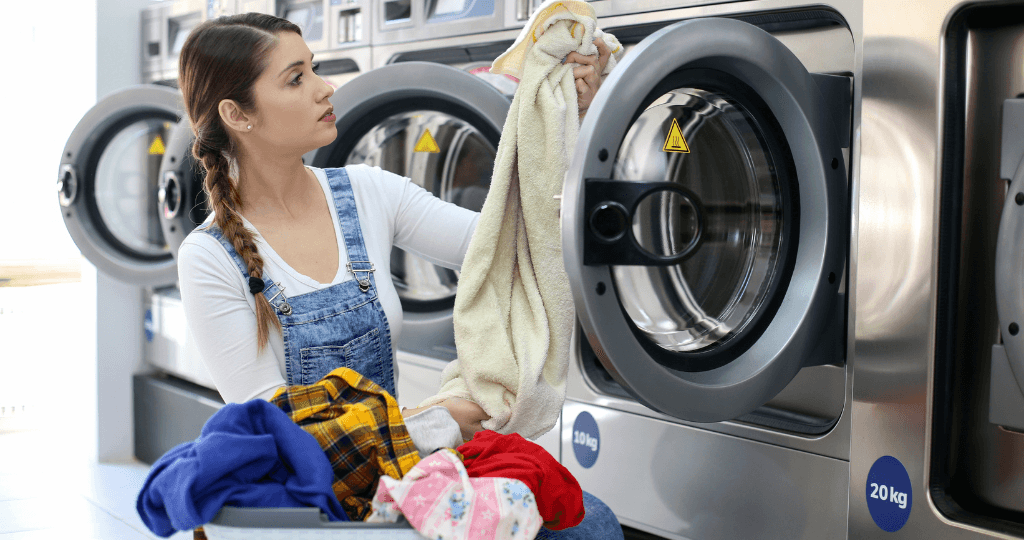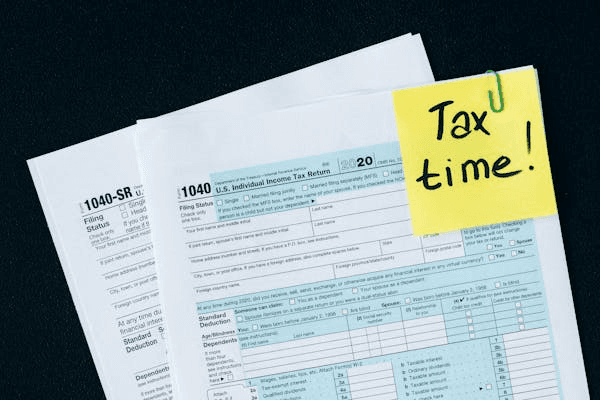Step-By-Step Guide on How to File Taxes for Laundromat Business for USA Companies

Laundromats certainly hold potential for profit in America, with margins typically falling somewhere between 20% to 35%. However, operating these enterprises presents difficulties, particularly when tax season arrives. If the required submissions to the IRS are submitted late or incorrectly, severe consequences may await these business owners. With that in mind, we aim to simplify the tax filing process for laundromat owners in the United States with a thorough breakdown of the necessary steps. Let us delve deeper into the particulars.
Step 1: Understand Your Company Structure
Filing taxes for your laundromat business starts with understanding your business structure, as it dictates how your laundromat is taxed:
As a sole proprietorship, all income and losses are reported on the owner's income tax return, and profits are taxed at the owner's income tax rate.
A partnership results in profits and losses being passed through to the partners and taxed at each partner's income tax rate.
Single-member LLCs are treated like sole proprietors for tax purposes, while multi-member LLCs mirror partnerships unless established as a C corporation.
Corporations establish a separate legal entity where corporate profits incur corporate income tax, and then any dividends provided to shareholders are taxed again as personal income, resulting in double taxation.
Grasping how your business structure handles taxation helps foresee tax obligations and liabilities throughout the fiscal year.
Step 2: Keep Track of Earnings and Expenses

Track income, expenses, and cash flow meticulously throughout the fiscal year to avoid tax troubles:
Income: All payments from customers, whether through cash or card swipes.
Expenditures: Typical costs for laundromat owners involve rent, utilities to wash, dry, and heat, repairing and maintaining machines, supplies like detergent and softeners, insurance premiums, and, if applicable, employee salaries.
The IRS advises retaining all receipts and documentation for no less than three years.
Step 3: Fill up the Appropriate Tax Forms
The specific tax forms required depend greatly on your business composition.
As a sole proprietor, your profits and losses are itemized using Schedule C when filing personally on Form 1040. All earnings and costs will be accounted for here.
Partnerships will have to submit Form 1065 in addition to each partner reporting their share of gains or losses on Schedule K-1.
LLCs that opt to be treated as a sole proprietorship should utilize Schedule C. Those choosing to function as a partnership or corporation should use Form 1065 or 1120, respectively.
Corporations must use Form 1120 to ensure that dues are paid at the entity level.
Furthermore, laundromat owners, such as maintenance technicians, must file Form 1099-NEC for independent contractors providing services exceeding $600 in a tax year.
Precisely adhering to the accurate tax form corresponding to your laundromat's framework is imperative for remaining compliant with IRS regulations.
Step 4: Calculate and Pay Estimated Quarterly Taxes

As a laundromat business proprietor, paying quarterly estimated taxes is obligatory. This is notably significant if your laundromat gains substantial income throughout the year. Use Form 1040-ES or Form 1120-W to compute and pay quarterly installments.
Step 5: Look into Employment Tax Requirements
If your laundromat employs staff for daily functioning, you will need to manage payroll taxes, which constitute a considerable part of your filing duties. Such taxes incorporate the following:
Federal Income Tax Withholding: You must withhold federal income tax from employees' paychecks as indicated on their Form W-4.
Social Security and Medicare Taxes: You'll need to withhold and match the workers' contributions to Social Security and Medicare taxes using Form 941.
Federal Unemployment Tax (FUTA): Employers must also pay unemployment levies. File Form 940 to report such payments.
Submitting and paying employment taxes promptly ensures adherence to federal laws and avoids penalties that can impact your laundromat company's financial standing.
Step 6: Understand State and Local Tax Obligations

In addition to duties levied by the federal authorities, laundromats must also deal with state and local tax obligations. Such impositions can incorporate:
State Income Tax: Depending on the jurisdiction, laundromats may need to submit returns on earnings to local governments. Each administration maintains one-of-a-kind statutes and documentation.
Sales Tax: In some jurisdictions, services furnished by laundromats, like drop-off laundering or dry cleaning, are susceptible to sales taxes. But self-service laundromats may be exempt. Be sure to inspect your state's tax guidelines to decide whether you have to collect sales taxes.
Apart from taxes in different states, looking into the local tax requirements is important. This will vary across different cities and counties. Look into the tax obligations of the region where your laundromat operates to avoid penalties.
Step 7: Beware of the Deadlines
One of the most crucial aspects of filing taxes is ensuring you meet all IRS deadlines, as missing key dates could lead to penalties and accumulating interest that significantly increase your tax burden. The general deadline for submitting federal income tax returns is mid-April each year.
However, if your laundromat files quarterly payments, those intermittent deadlines fall in April, June, September, and January. For those who cannot meet an impending tax deadline, an extension can be requested by submitting either Form 4868 for individual returns or Form 7004 for business filings.
This extends the timeframe to submit the return, but the extension only pertains to submitting the return. To avoid incurring charges, you must still estimate and pay any taxes due by the original deadline. Carefully keep track of all the important tax dates to avoid the costly consequences of missed deadlines.
Need Help with the Tax Filing of Your Laundromat Business? Choose Samscashflow Agency!

If you own a laundromat in the US, the tax season can be burdensome for you. But don't worry. You can demand the assistance of experts to fulfill all filing requirements smoothly. Visit https://www.samscashflow.com/#book and book a call with the tax professionals at Samscashflow Agency today.